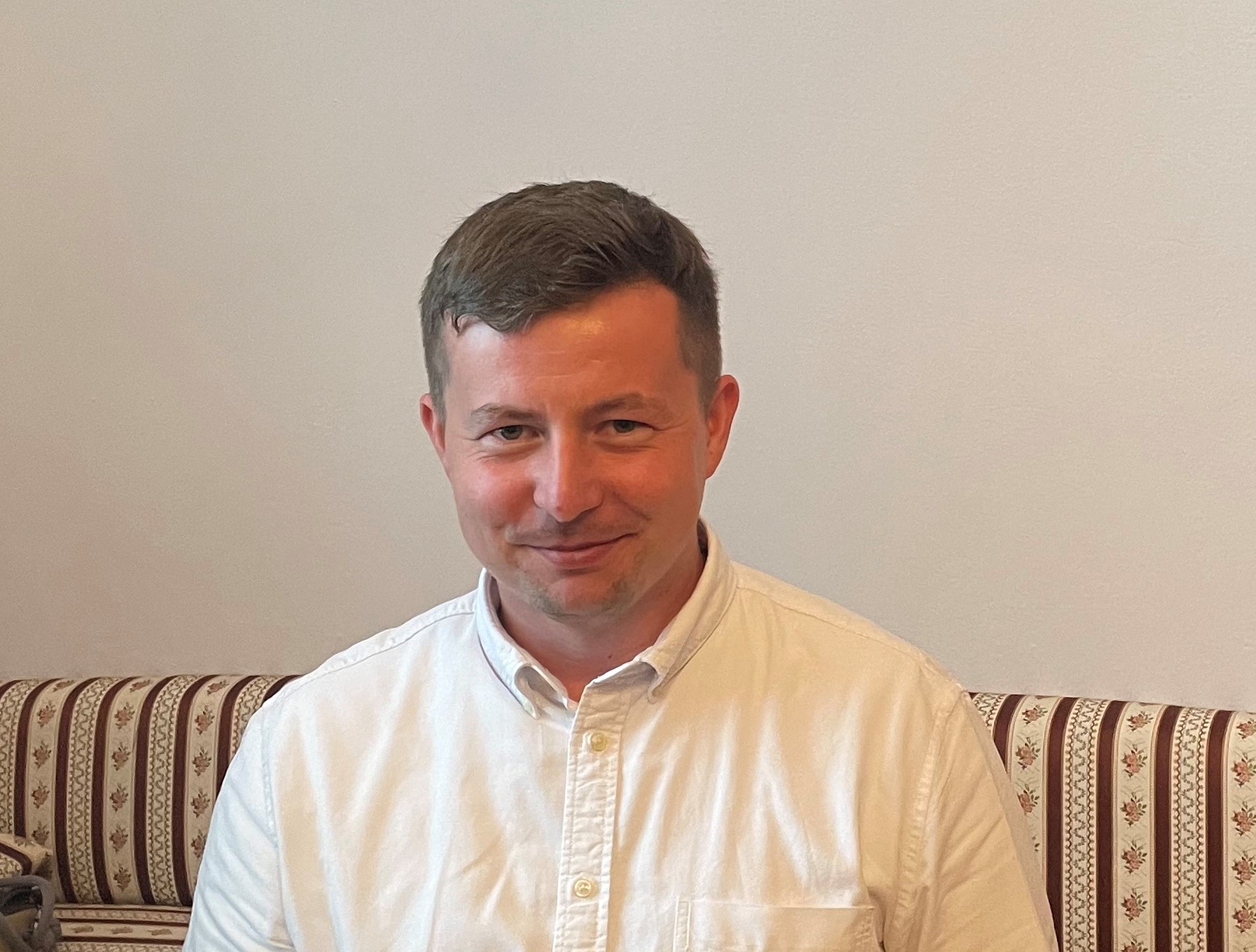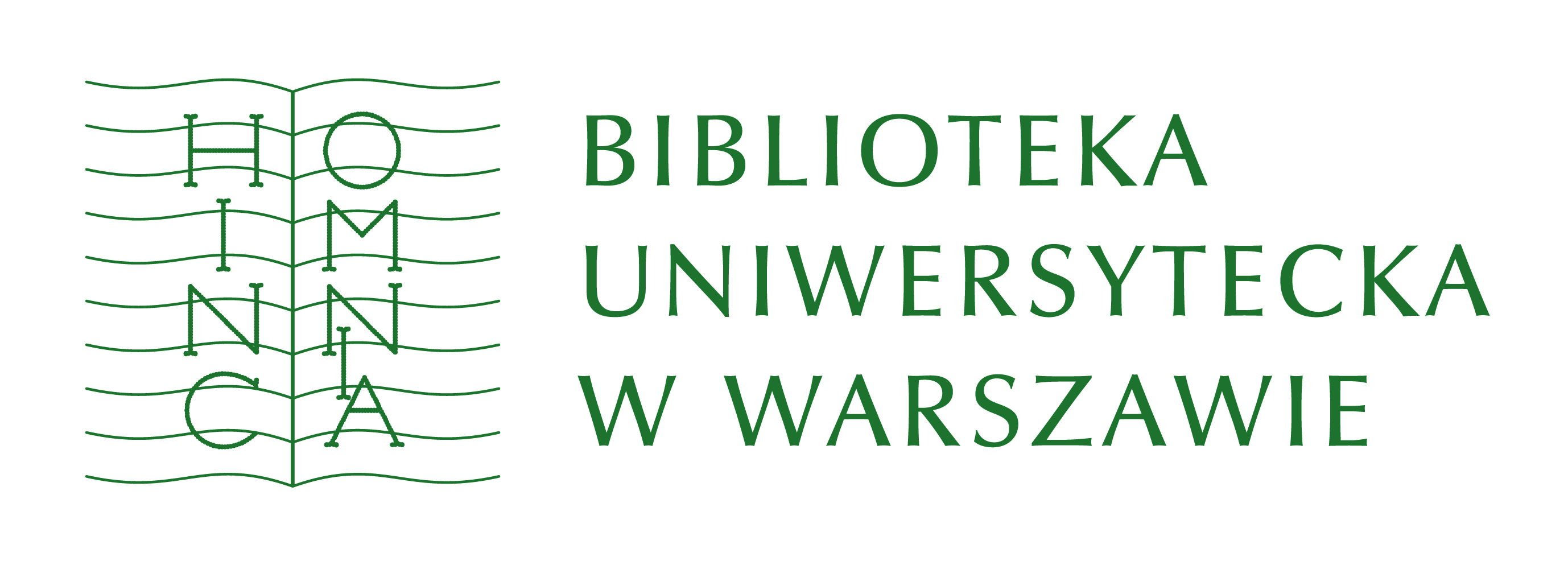dr Tomasz Górny

Profile on Academia.edu: https://uw.academia.edu/TomaszG%C3%B3rny
Contact: tomaszgoorny@gmail.com
Selected publications
A. Books
1. ‘Trzecia część Clavier Übung’ Johanna Sebastiana Bacha. Muzyka i znaczenie [‘Part III of Clavier Übung’ by Johann Sebastian Bach: Music and Meaning], Universitas, Kraków 2019.
2. Polifonia. Od muzyki do literatury [Polyphony. From Music to Literature], Universitas, Kraków 2017.
B. Editions
1. Transpozycje. Muzyka w nowoczesnej literaturze europejskiej [Transpositions. Music in modern European literature], eds. Andrzej Hejmej, Tomasz Górny, Universitas, Kraków 2016.
C. Articles (selection)
1. Estienne Roger and his agent Adam Christoph Sellius: new light on Italian and French music in Bach’s world, ‘Early Music’ 47 (2019), pp. 361–370.
2. Johann Sebastian Bach’s ‘Dritter Theil der Clavier Übung’ in the light of Johann Krieger’s ‘Anmuthige Clavier-Ubung’, in: Musical analysis: historia, theoria, praxis, Vol. 5, Wrocław 2019, pp. 75‒85.
3. ‘Przede wszystkim dla Panów organistów’. O genezie i przeznaczeniu ‘Trzeciej części Clavier Übung’ Johanna Sebastiana Bacha [‘With organists in mind first and foremost’ – the origin and intended audience of Johann Sebastian Bach’s ‘Part III of Clavier Übung’], ‘Barok’ 51 (2019), pp. 75‒85.
4. Rhetorics of Johann Sebastian Bach’s ‘Orgelbüchlein’. An Introduction with a Case Study of BWV 614, ‘Terminus’ 19 (2017), pp. 363–385.
5. Funkcja liturgiczna ‘Orgelbüchlein’ Johanna Sebastiana Bacha. Wprowadzenie dla organistów [The liturgical function of Johann Sebastian Bach’s ‘Orgelbüchlein’. An introduction for organists], ‘Notes Muzyczny’ 8 (2017), pp. 99–117.
6. Kilka uwag o badaniach muzyczno-literackich [Some remarks concerning word and music studies], ‘Res Facta Nova’ 17 (2016), pp. 25‒39.
7. BACHtin, czyli polifonia muzyczna i literacka [BACHtin, or musical and literary polyphony], ‘Ruch Literacki’ (2016), pp. 145‒162.
8. Komponowanie ‘Doktora Faustusa’: lejtmotyw hetaery esmeraldy w powieści Thomasa Manna [Composing ‘Doctor Faustus’: the leitmotif of Hetaera esmeralda in Thomas Mann’s novel], in: Transpozycje. Muzyka w nowoczesnej literaturze europejskiej [Transpositions. Music in modern European literature], eds. Andrzej Hejmej, Tomasz Górny, Universitas, Kraków 2016, pp. 161‒179.
9. Sztuka kontrapunktu, czyli od polifonii do polifoniczności [The art of counterpoint, from polyphony to polyphonality], ‘Przegląd Humanistyczny’ 439 (2013), pp. 119–132.
10. ‘Doktor Faustus’ ‒ muzyka, metafizyka i mistyka liczb [‘Doctor Faustus’ ‒ music, metaphysics and number mysticism], ‘Pamiętnik Literacki’ 103 (2012), pp. 21‒39.




